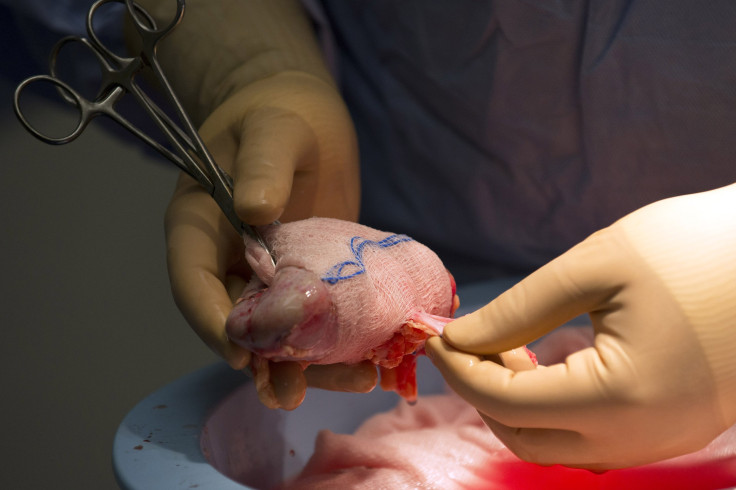Scientists develop fully functioning lab-grown kidneys; initial trial works in animals

As the number of people in need of kidney transplants has been growing worldwide pushing the shortage of kidney supply, scientists said that lab-grown replacement kidneys for humans are coming close to reality. Fully functioning replacement kidneys have been successfully transplanted to animals, passing urine just like natural ones.
Experts have considered kidneys as one of the most complicated organs to grow, which provide difficulties in laboratory experiments. Previous prototypes of lab-grown kidneys were found to develop problems to excrete the urine, which causes the organ to balloon as the urine builds-up inside and swell.
However, scientists say that the new experiment has shown promising results as the lab-grown kidneys worked well in pigs and rats to pass urine. The research team from Tokyo, Japan, has used a stem cell method to grow the organs, but unlike earlier practices, they also developed a drainage tube and bladder to collect and store the urine.
Dr Takashi Yokoo at the Jikei University School of Medicine said in the study, published in the journal PNAS, that the transplanted kidneys are still functioning effectively even after eight weeks of the procedure to the animals. However, the lab-grown kidneys are still far from human trials.
Professor Chris Mason, an expert in stem cells and regenerative medicine at University College London, described the result of the functional kidneys as “an interesting step forward.” He told BBC that that the experiment may lead to better understanding of the process of how the kidney passes the urine for future developments.
In the UK, the shortage of donors has been an issue as over 6,000 patients are waiting for a kidney, and less than 3,000 transplants are provided every year. People tend to wait for a kidney on an average waiting time of three years.
Experts say that lab-grown kidneys may soon help reduce the number of more than 350 people dying each year waiting for a transplant.
Contact the writer at feedback@ibtimes.com.au or tell us what you think below





















